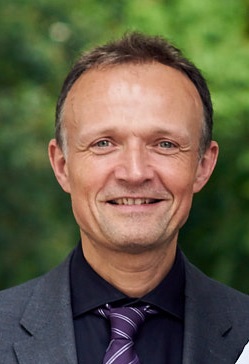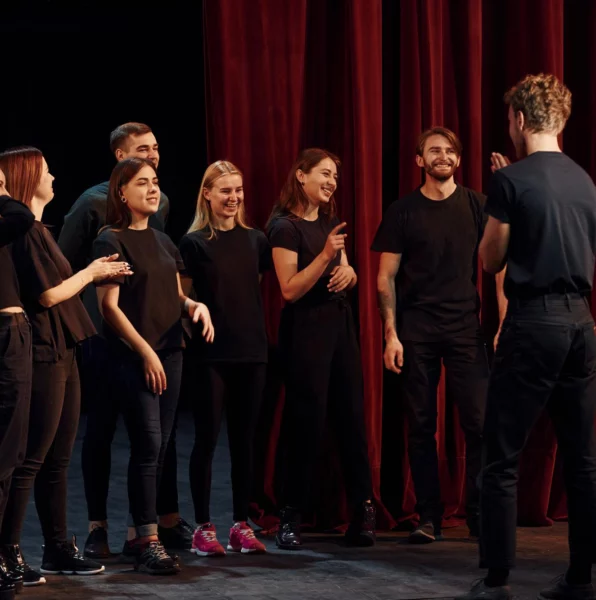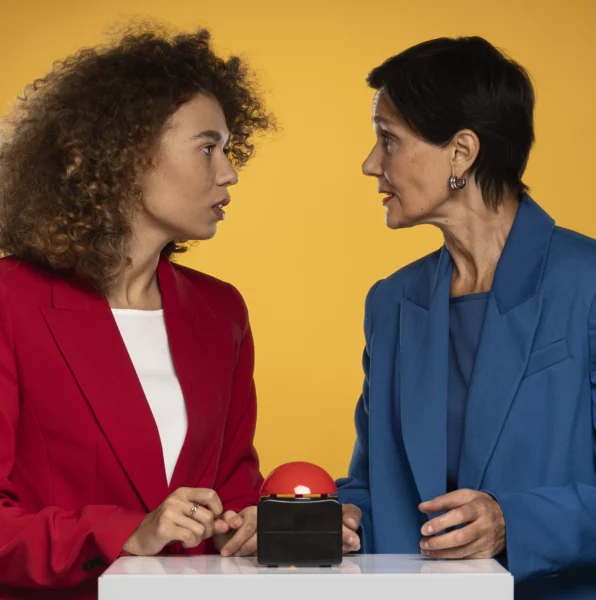To further encourage their grantees in their communication efforts, the European Research Council (ERC) launches the Public Engagement with Research Award in 2020. Anthony Lockett, Head of Unit for Communication at ERCEA, speaks about the reasons and about the importance of the scientists’ public engagement.
In search of “the three I’s of public engagement”
Mr. Lockett, the European Research Council (ERC) will be giving out a Public Engagement with Research Award for the first time ever in 2020. How did this happen?
The idea came up during discussions of our Scientific Council. The main goal is to promote public engagement among our grantees and we thought that having an award would give them an added incentive to communicate. We hope that the award will encourage them to go the extra mile in their communication efforts.
Why should they make an effort?

The most obvious reason is that science is largely funded by public funding and thus we have an obligation to let the taxpayers know how it is being invested and the results achieved. But that is of course only one reason why scientists should engage with the public. One other is that a lot of the research conducted by our grantees over the duration of their project leads to discoveries that have societal, economic and policy relevance. Thus, it is important to help scientists share this knowledge as widely as possible. In addition to that, many of the scientists we work with find it useful to give the public an opportunity to engage with their research and take part in setting up research questions.
Why is it especially important that scientists themselves communicate?
Scientists play an important role in creating trust in the scientific system. This can only be achieved if they communicate actively about their knowledge, their methods and their values. Fostering that and helping scientists with their public engagement activities has been a focal point for the ERC for a long time. For example, we have supported a unique partnership between researchers and graphic artists through the ERC comics project. The award is the next step on the way.
Who can win the award?
Anyone who has been awarded an ERC grant can enter the competition. So there are potentially several thousand researchers that can apply. The first feedback has been good so we are confident that we have a solid number of applications. The set up of the award is a bit of an experiment because we are doing it for the first time. For this year, we have come up with three categories “Public Outreach”, “Press and Media Relations” and “Online and Social Media Communication” to acknowledge the different types of engagement via these channels.
How would you define excellence in public engagement?
I like to think of the “three I’s of public engagement”: Implementation, Innovation and Impact. Implementation refers to how the communication activities are organised, the strategic objectives and partnerships. Innovation, of course, is all about new ideas, new concepts and new styles of communication. Impact is the most tricky one of the three because it is sometimes difficult to measure communication, but there are ways of looking at both quantitative and qualitative impacts. Potential applicants for the award can find more details concerning the criteria that will be used to assess proposals in the guide on our website.
Who will be in the jury?
We won’t be releasing the names of the jury members until after the selection has been completed, but I can already say that it will be made up of distinguished figures from the worlds of science, politics and communication (including experts from the fields of the three categories).
What will the winner get?
There is no cash prize but there will be a trophy and a lot of recognition for the winners. Furthermore, the winners will be invited to the next ESOF conference and will gain visibility for their work there.






